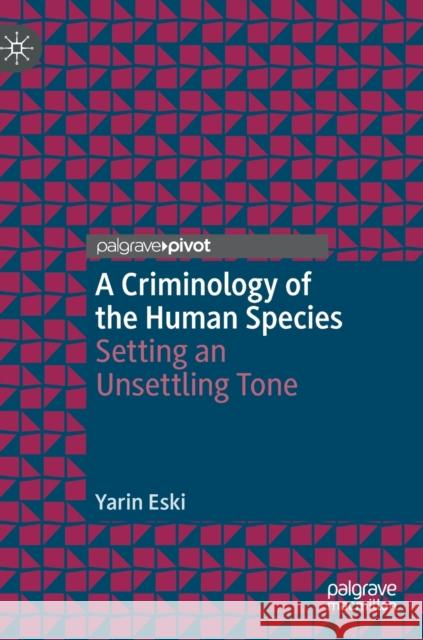A Criminology of the Human Species: Setting an Unsettling Tone » książka
topmenu
A Criminology of the Human Species: Setting an Unsettling Tone
ISBN-13: 9783031360916 / Twarda / 2023 / 125 str.
A Criminology of the Human Species: Setting an Unsettling Tone
ISBN-13: 9783031360916 / Twarda / 2023 / 125 str.
cena 176,27 zł
(netto: 167,88 VAT: 5%)
Najniższa cena z 30 dni: 173,46 zł
(netto: 167,88 VAT: 5%)
Najniższa cena z 30 dni: 173,46 zł
Termin realizacji zamówienia:
ok. 20 dni roboczych.
ok. 20 dni roboczych.
Darmowa dostawa!
Kategorie:
Kategorie BISAC:
Wydawca:
Springer International Publishing AG
Seria wydawnicza:
ISBN-13:
9783031360916
Rok wydania:
2023
Ilość stron:
125
Wymiary:
21.0 x 14.8
Oprawa:
Twarda
Dodatkowe informacje:
Wydanie ilustrowane











